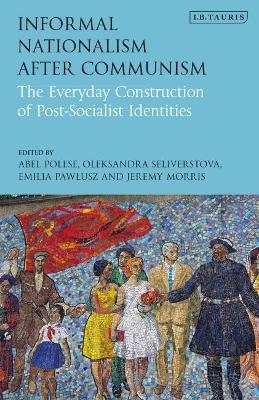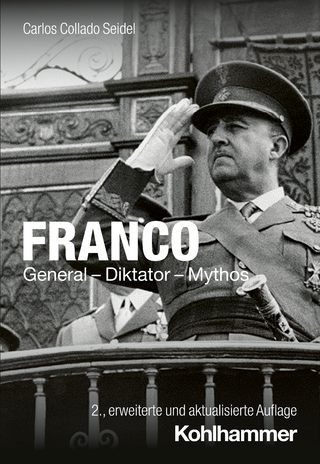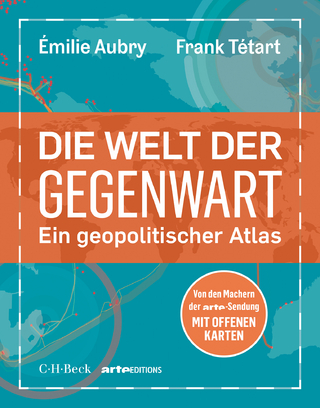
Informal Nationalism After Communism
I.B. Tauris (Verlag)
978-1-83860-383-0 (ISBN)
This is important reading for all scholars and policymakers working on the post-socialist region.
Abel Polese is a senior research fellow at Tallinn University. Oleksandra Seliverstova has just finished her PhD at the Free University of Brussels and Tallinn University (jointly awarded). Emilia Pawlusz is a Marie Curie fellow in the School of Governance, Law and Society at Tallinn University. Jeremy Morris is an associate professor at the School of Culture and Society, Aarhus University.
Introduction
I. Informal Spaces
1. Negotiating Identity in a Multi-Ethnic Classroom: Anthropological Explorations of Everyday School Practices in the Republic of Tatarstan, Russia – Dilyara Suleymanova
2. The Estonian Way of Home-Making: Everyday Visions and Practices from the 1990s to 2000s – Anu Kannike
3. Exploring the Link between National Identity and Perceptions of Citizenship in Georgia – Tinatin Zurabishvili, Tamar Khoshtaria, Natia Mestvirishvili
II. Consumption and Media Spaces
1. Why Nations Sell: Reproduction of Everyday Nationhood through Advertising in Russia and Belarus – Marharyta Fabrykant
2. The Moldovan Media: a Hotbed of Ntionalist Fervour – Onoriu Col?cel
3. Turbofolk as a Means of Identification – Petra Š?astná
III. Border Spaces
1. Ethnic and National Identity of Russian Estonians – Eva Sepping
2. The National and the Religious among Greek Catholic Transcarpathian – Agnieszka Halemba
3. Borders of a Borderland. “Everyday Identities” in the Context of Border Crossings – Ágnes Patakfalvi-Czirják and Csaba Zahorán
IV. Public spaces
1. “But now everywhere is the West:” Cultural Identity in East Berlin after 1989 – Mary Dellenbaugh
2. Staging a Nation: Space and Identities in the Skopje Center – Vessela S. Warner
3. Countryside Revisited: Ethno Villages and Nation-Building in Serbia – Irena Šentevska
Conclusion
| Erscheinungsdatum | 20.09.2019 |
|---|---|
| Sprache | englisch |
| Maße | 138 x 216 mm |
| Gewicht | 277 g |
| Themenwelt | Kunst / Musik / Theater ► Musik |
| Geisteswissenschaften ► Geschichte ► Allgemeines / Lexika | |
| Geschichte ► Allgemeine Geschichte ► Zeitgeschichte | |
| Sozialwissenschaften ► Politik / Verwaltung ► Politische Systeme | |
| Sozialwissenschaften ► Politik / Verwaltung ► Politische Theorie | |
| ISBN-10 | 1-83860-383-2 / 1838603832 |
| ISBN-13 | 978-1-83860-383-0 / 9781838603830 |
| Zustand | Neuware |
| Informationen gemäß Produktsicherheitsverordnung (GPSR) | |
| Haben Sie eine Frage zum Produkt? |
aus dem Bereich


